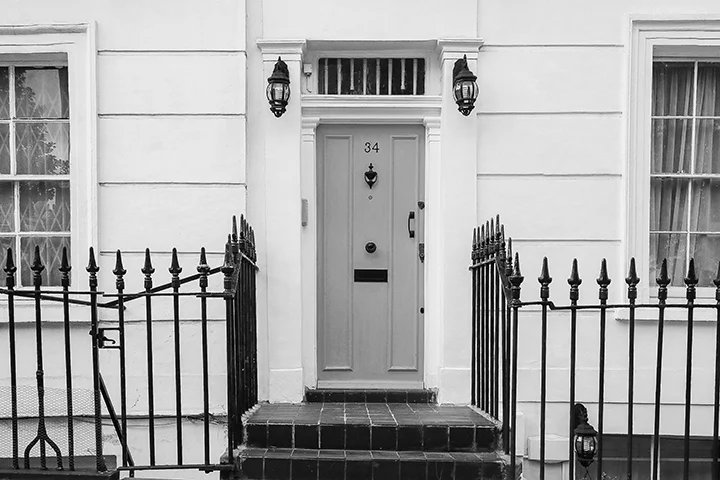Brace Yourself, Pilots: Your Tax Home Does Not Fly With You
/The concept of a “tax home” is somewhat difficult to explain to persons resident outside the U.S. It has its origin in case law involving taxpayers who work at a temporary location for a finite, but long, period of time. Could the taxpayer deduct living costs incurred in the temporary location when the assignment bears a resemblance to a business trip, albeit for a much longer period of time. From there, it morphed into a requirement for U.S. expats wishing to claim the benefit of the foreign earned income exclusion and its companion provision, the housing deduction. In the case of a pilot who flies between a rotation of airports, and in many instances, between a rotation of countries, what test is used to determine the pilot’s tax home? Is it where the pilot happens to be at any time as is the rule for an itinerant worker? Is it where the pilot lives with his family? Is it the starting place for an outbound journey? Is it another place? Gianluca Mazzoni, who holds an S.J.D. ‘20 and L.L.M. ’16 from the University of Michigan Law School, analyzes Cutting v. Commr., a case involving a pilot. The article address the terms “bona fide resident” and “place of abode,” each of which has a meaning for expats claiming the benefits mentioned above.
Read More















